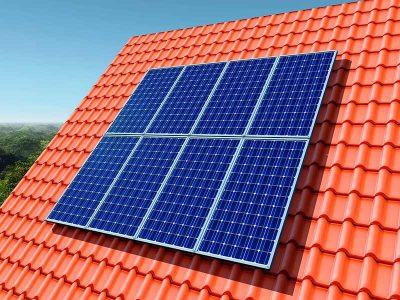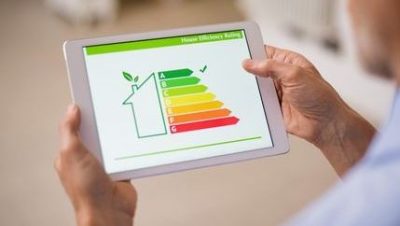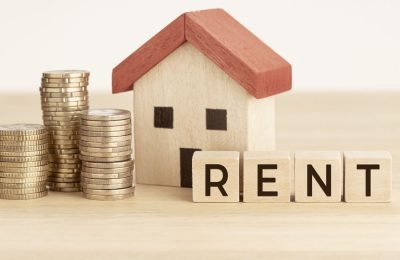In recent years, the concept of sustainability has become increasingly important in all aspects of our lives, including the management of rental properties. The Scottish Government has set out targets for landlords to ensure their properties meet a certain standard of energy efficiency by the end of 2028, so it’s a good idea to start thinking now about the changes you could make to your property, to boost its efficiency and ensure it meets the standards in time for the deadline.
There are expected to be further changes and additions to the requirements as time goes on, so you should consider speaking with a trusted, professional letting agency who can keep you up to date with your obligations as a landlord.
As a landlord in Scotland, there are various steps you can take to make your properties more environmentally friendly while also saving money and attracting eco-conscious tenants. Let’s explore some practical strategies for sustainable property management.
1. Energy-efficient upgrades
One of the most effective ways to reduce your property’s environmental footprint is by investing in energy-efficient upgrades. This includes installing LED lighting, programmable thermostats, and energy-efficient appliances.
In Scotland, where heating costs can be significant due to the weather, ensuring proper insulation and providing double-glazed windows can also make a substantial difference in energy consumption. In older or protected properties with single glazing, it’s worth looking into secondary glazing where appropriate, or investing in quality blinds or curtains for furnished properties, to help your tenants keep their energy bills affordable.
If your budget allows, you could even consider installing renewable energy sources such as solar panels or small wind turbines, which can generate clean energy and potentially even generate income through feed-in tariffs or renewable heat incentives. While the initial investment might be higher, these upgrades can lead to long-term savings on utility bills and contribute to a greener environment and may even make your property a more attractive prospect to tenants, or when it comes to be the time for you to sell your property.
2. Recycling initiatives
Implementing recycling initiatives in your rental properties is another impactful way to promote sustainability. Provide tenants with clear guidance on recycling practices, including what items can be recycled and how to properly dispose of them. Make sure adequate recycling bins are available on-site and encourage tenants to participate actively – you can direct them to guidance from Edinburgh City Council on where to find recycling bins to aid them in this.
Consider partnering with local recycling programmes or organisations to educate tenants and provide resources for responsible waste management. By reducing landfill waste and promoting recycling, you can minimise the environmental impact of your properties and contribute to a cleaner, healthier community.
3. Eco-friendly materials
When renovating or refurbishing your rental properties, opt for eco-friendly materials whenever possible. Choose sustainable flooring options like bamboo or cork, which are renewable and biodegradable. Look for paints, adhesives, and sealants that have low VOC (volatile organic compound) emissions to improve indoor air quality.
Additionally, consider using reclaimed or recycled materials for construction and decoration. Not only does this reduce the demand for new resources, but it also adds character and uniqueness to your properties. Sustainable materials not only benefit the environment but also appeal to environmentally conscious tenants who prioritise green living.
The materials that you use, will depend on your budget and the status of your property, i.e., you may be restricted in what you can use if your property is listed or has a protected status, or sits within a conservation area, but it’s important to try and make small changes where you can, which can add up to the bigger picture.
4. Water conservation
Water conservation is another critical aspect of sustainable property management. Install low-flow fixtures such as faucets, showerheads, and toilets to reduce water usage without compromising performance. If your property has a garden, consider landscaping with drought-resistant plants and implementing rainwater harvesting systems to irrigate gardens or flush toilets.
Educate tenants on the importance of water conservation and provide tips on how they can minimise water waste in their daily routines. By promoting responsible water usage, you can lower utility costs, conserve a precious resource, and contribute to a more sustainable future.
Conclusion
As landlords in Scotland, embracing sustainable property management practices is not only beneficial for the environment but also for your bottom line. By implementing energy-efficient upgrades, recycling initiatives, using eco-friendly materials, and promoting water conservation, you can reduce operating costs, attract eco-conscious tenants, and contribute to a greener, more sustainable future for generations to come. Let’s take the initiative to make our rental properties not just homes, but also beacons of environmental responsibility.












